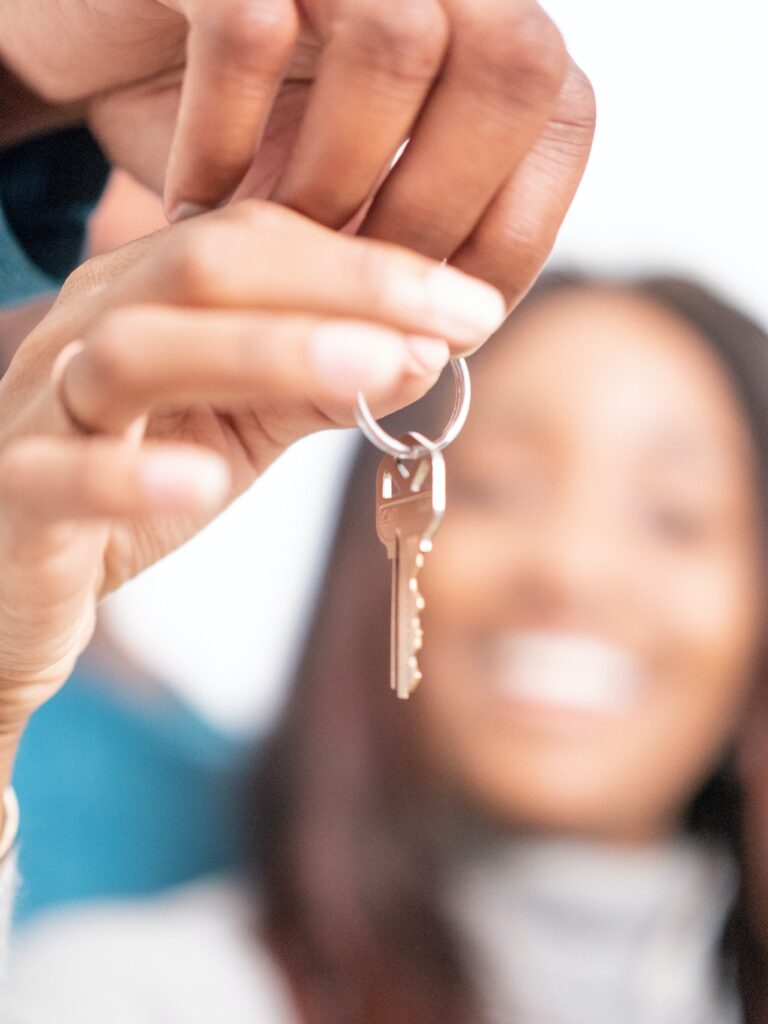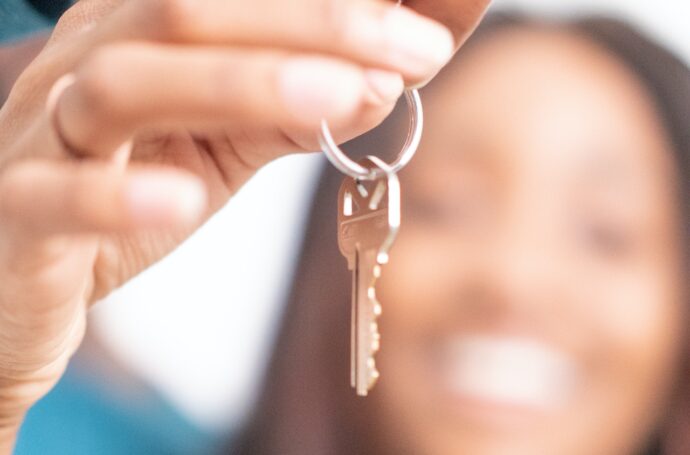
Getting a mortgage is no easy endeavour. House prices are consistently increasing with the average UK house price now sitting at more than £270,000. Rises in house prices markedly outpace wage increases. This makes it much harder for mortgage applicants to gain acceptance among lenders. Despite these roadblocks there are actions you can take to maximise your chances of getting a mortgage.
Save For a Larger Deposit
The easiest way to enhance your probability of being accepted for a mortgage is to save for a larger deposit. The larger you deposit, the more ownership you will have of the house relative to the loan amount. If the property price is £280,000 and you put down £70,000 as your deposit, you will require a mortgage of £210,000. In this example the loan to value of the property would be the mortgage amount divided by the purchase price. That would result in an LTV of 75%.
With a lower loan to value more mortgages at better rates will be available to you. The reason for this is because as a borrower you present less risk to the lender. The more money you have in the house, the more there is for the lender to recover should repayments not be made.
Pay Off Debts & Don’t Apply for Any New Credit
Pay off any debts you have in full as quickly as possible. Set up a realistic plan to pay back any debts you have before making an application. Mortgage providers are ultimately most concerned with a borrower’s ability to service their mortgage payments. If you have existing debt you will need to make monthly payments, reducing the amount of disposable income available to pay your mortgage. Anything you do to decrease outgoing and increase disposable income helps your mortgage application.
Taking out any new additional loans before applying for a mortgage will hinder your chances of a successful application. The new debt you’ve acquired will be recorded on your credit line. This is a big red flag to prospective lenders who will check any outstanding credit you have via credit rating agencies. Thinking of getting new furniture on credit? Considering a new finance hire agreement for a new car? Think again. These likely unnecessary purchases will adversely impact your ability to get accepted for a mortgage.
Check Your Credit Rating & Make Sure You’re on the Electoral Register?
Every Lender will check your credit rating via a credit rating agency such as Experian or Equifax. Before applying for a mortgage it’s imperative you check your score. Being aware of your score and knowing how to improve it will help maximise your chance of mortgage acceptance.
Credit agencies are aware of your entire credit history as well as current loan amounts outstanding. Late payments and defaults adversely affect the score. Your payment history impacts 35% of your entire credit score. Even one late payment can lower your score. We’d advise setting up direct debits to ensure all debts are serviced in a timely manner to avoid this.
Credit usage has the next largest impact on your credit score at 30%. This is how much you spend on revolving credit e.g. credit cards relative to your total credit limit. It shows how reliant you are on available credit for regular spending. Lenders will want to see you aren’t overly reliant on available credit and your score will be penalised for excessive usage. To be safe ensure you spend less than 25% of your available credit usage.
Credit history length makes up 15% of your credit score. Generally the longer your credit history the higher your credit score provided you’ve paid debts on time and not defaulted. We advise building up a credit history for multiple years ahead of applying for a mortgage. Credit mix makes up the final component of your credit score at 10%. Generally a more diverse credit mix is favoured by lenders.
When applying for a mortgage you will need proof of residency. One easy way to do this is to ensure you are registered on the electoral register. This validates you have a permanent residence and often increases your credit score.


